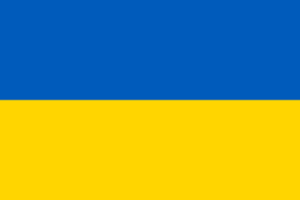by Peter Philips ’22
 I was recently accepted into the 2022-2023 Congress-Bundestag Youth Exchange (CBYX) for Young Professionals, a fellowship funded by the US Department of State and the German Bundestag that allows 75 American students the opportunity to spend a year in German to study both the German Language and their academic interests, complete an internship, and engage in cultural exchange. A close friend of mine and fellow exchange student from Vanderbilt University who participated in my 2020 spring semester abroad in Bremen, Molly Wells, is currently completing the fellowship and told me about the opportunity.
I was recently accepted into the 2022-2023 Congress-Bundestag Youth Exchange (CBYX) for Young Professionals, a fellowship funded by the US Department of State and the German Bundestag that allows 75 American students the opportunity to spend a year in German to study both the German Language and their academic interests, complete an internship, and engage in cultural exchange. A close friend of mine and fellow exchange student from Vanderbilt University who participated in my 2020 spring semester abroad in Bremen, Molly Wells, is currently completing the fellowship and told me about the opportunity.
In order to qualify for CBYX, an applicant must be a high school graduate, be between the ages of 18 and 24 1/2 by the time of the program’s start, have a desired career field, and be an American citizen. The requirements are set to allow applicants with a wide variety backgrounds to participate in the main directive of this program: citizen diplomacy. The 75 Americans part of each cohort act as cultural ambassadors to present to people in German academic institutions, workplaces, and community spaces the best, and brightest of young career-focused Americans regardless of their backgrounds.
With that mission in mind, I had to show the program coordinators when applying for the fellowship my commitment to citizen diplomacy and my professional direction. While CBYX does not require prior knowledge of German, my extensive knowledge of German showcases my ability to already effectively engage in cultural exchange with Germans. Additionally, my background in foreign languages and studying abroad similarly demonstrates my interest in general cross-cultural communication.
As for professional direction, I wrote on my application my intention to pursue a career in the historic preservation of architecture. Describing my past internships working at architectural history sites and my major in art history conveyed to the program coordinators my familiarity in the field. Demonstrating these qualities to the CBYX coordinators led to a successful application.
https://culturalvistas.org/programs/abroad/congress-bundestag-youth-exchange-young-professionals/

